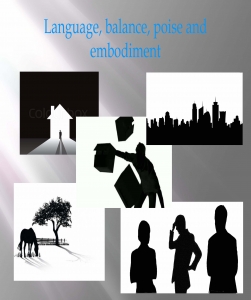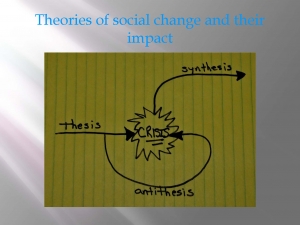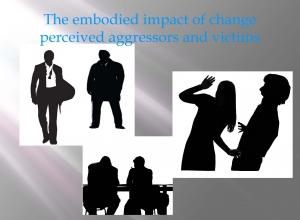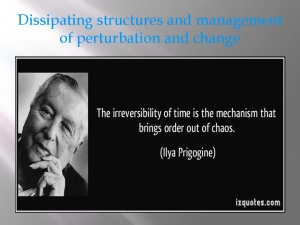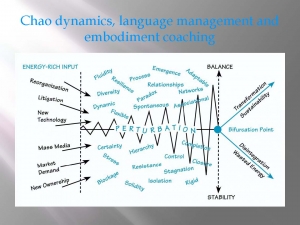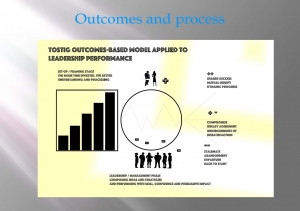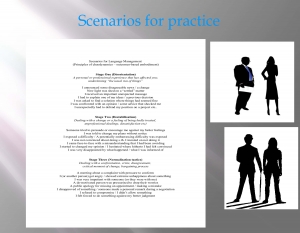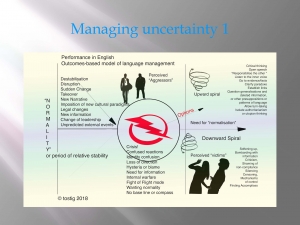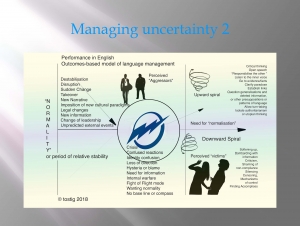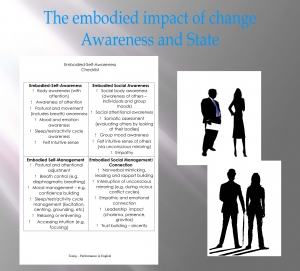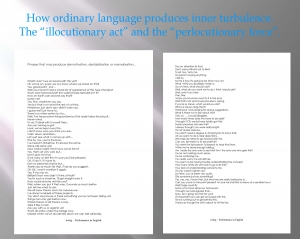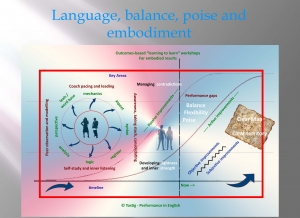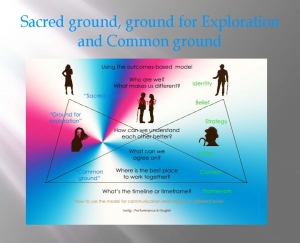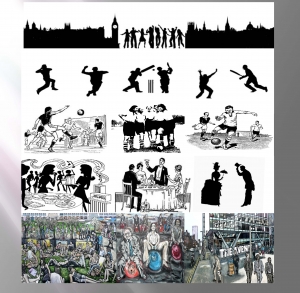An embodied approach to states of destabilisation
Thank you to all who came to the embodied workshop at YorkStJohn and I greatly enjoyed it! Sadly, though, with any short workshop there wasn’t the time needed to show how the protocols work in a coaching environment based n real situations and embodied principles.
I plan to give a half-day demonstration in the York Coaching week in 2019, this will permit the development of personal protocols in language and take further the 3-step protocols I introduced briefly on Tuesday.
Embodied practice is anything but theoretical. Having an awareness of the links to semantics and semiotics, chao-dynamics and not to mention the social sciences, mental, emotional and physical health; or systems analysis, helps in seeing the mutual effects of communication; in a way these theoretical points are fairly insignificant once the embodied practice is experienced.
This works far better in small groups of no more than 6 (using video recording of performance too); presenting it to large groups leaves little time for the peer observation and discovery.
Embodied practice of the chao-dynamics of destabilisation is an antidote to the (in my opinion) over-mentation and left-brained-ness that comes with so much theory – it rehearses in essential ways how to carry out on our feet the things that we read about in books and that in the heat of the moment are forgotten. As with any actor on stage, “turning up for the show” and wondering about a ‘toxic’ reaction, is not enough, considerable rehearsal and language review will go a long way.
It examines the fundamental links to language and specifically the difference between an “Illocutionary Act” and its “Perlocutionary Force” and allows for a graceful and impactful style that reverses destabilisation, it converts the downward spiral that is systemic in all organisations, into an upward one, using protocols that are rehearsed in changing scenarios based on real experience, with the coach, in an embodied way.
Chao-dynamics workshop
